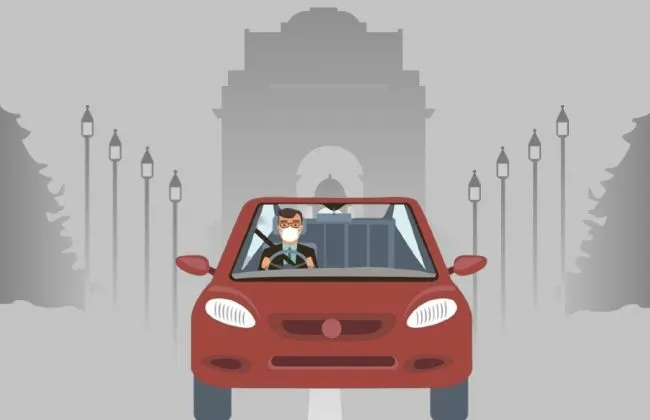The Impact of RTO Rules and Regulations on Vehicle Owners

The world of the automobile industry has undergone a significant transformation over several years. The vehicles have become an integral part of our daily life. However this convenience comes with a set of rules and regulations that every vehicle owner must follow. The Regional Transport Office (RTO) plays a very important role in governing and regulating the usage of vehicles on road. In this blog we’ll delve into the RTO information along with the impact of RTO rules and regulations on vehicle owners exploring how they affect various aspects of owning and operating a vehicle.
Vehicle Registration
One of the primary responsibilities of the RTO is to ensure that every vehicle on the road is properly registered. Vehicle registration is a fundamental requirement that serves various purposes including tracking ownership; identifying stolen vehicles; collecting road taxes etc. Vehicle owners must comply with these regulations to drive vehicles legally. If you fail to register your vehicle can lead to fines and even impoundment.
Licensing Requirements
To operate a vehicle legally one must possess the appropriate driver’s license. The RTO sets standards for obtaining various types of licenses like two-wheeler licenses; four-wheeler licenses and commercial vehicle licenses. All vehicle owners must pass a written and practical driving test; to ensure they possess the necessary skills and knowledge to drive safely.
Emission Control
Environmental concerns have led to stricter emission control regulations enforced by the RTO. Vehicle owners are required to undergo regular emissions testing typically during the annual vehicle inspection. Failure to meet emission standards may result in fines and the vehicle owner may need to make necessary repairs to bring the vehicle within compliance.
Vehicle Insurance
The RTO mandates that all vehicles on the road must be insured. Vehicle owners must obtain third-party liability insurance at the very least to cover any damage or injury caused to third parties in the event of an accident. Comprehensive insurance is also available providing additional coverage for damages to the owner’s vehicle. Failure to comply with this regulation can result in penalties and legal consequences.
Safety Standards
The safety of vehicle occupants and other road users is a paramount concern for the RTO. The office establishes and enforces safety standards that vehicles must meet. These standards include seat belts airbags child seat requirements and various safety features. Vehicle owners are responsible for ensuring that their vehicles are in compliance with these safety regulations.
Vehicle Modifications
Vehicle owners often seek to customize or modify their vehicles. While some modifications are purely aesthetic others can impact vehicle performance and safety. The RTO regulates and controls vehicle modifications to ensure that they do not compromise the safety of the driver passengers or other road users. Modifications that are not in compliance with regulations may lead to fines or even the impoundment of the vehicle.
Road Taxes and Fees
The RTO collects various road taxes and fees that contribute to the maintenance and development of road infrastructure. These collected taxes are an essential source of revenue for the government. Vehicle owners must ensure that they pay their road taxes and fees promptly failing which they may incur penalties and their vehicles may be seized.
Vehicle Inspections
Regular vehicle inspections are conducted by the RTO to ensure that vehicles on the road are safe and roadworthy. These inspections check various aspects of the vehicle including brakes lights tires and emissions. Vehicle owners must comply with inspection schedules and address any issues that are identified during these checks. Non-compliance can result in the suspension of the vehicle’s registration.
Traffic Violations and Penalties
While not directly administered by the RTO traffic violations and penalties have a significant impact on vehicle owners. The RTO’s role includes keeping a record of traffic violations committed by vehicle owners. Accumulating too many traffic violations can lead to the suspension or revocation of a driver’s license which in turn affects their ability to operate a vehicle.
Ownership Transfers
When a vehicle changes ownership the RTO regulations come into play once again. Vehicle owners must complete the necessary paperwork and pay any required fees to transfer ownership legally. Failing to do so can lead to complications including liabilities for any accidents or violations involving the vehicle.
Bottom Line
The impact of RTO rules and regulations on vehicle owners is pervasive and multifaceted. While these regulations are designed to promote safety environmental responsibility and efficient road management they also create responsibilities for vehicle owners. To navigate the complexities of owning and operating a vehicle it is crucial for every vehicle owner to stay informed about the latest RTO rules and regulations in their region and comply with them diligently. By doing so vehicle owners can ensure their safety avoid legal issues and contribute to the responsible use of vehicles on our roads.
Read Also : The Impact of RTO Rules and Regulations on Vehicle Owners




